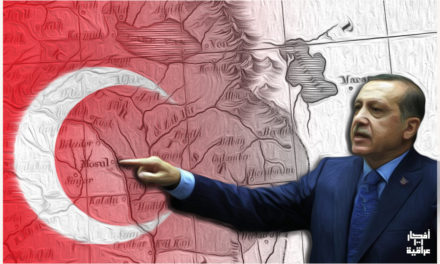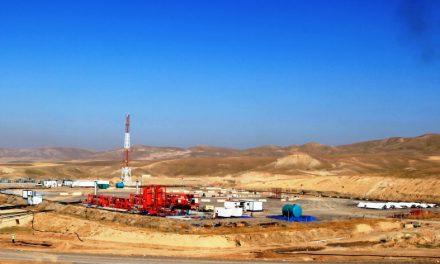The official declaration of victory by Iraq marking the liberation of our country from Da’ish proved to the world Iraq’s military and psychological resilience to the vicious terrorism of Da’ish. As we enter 2018 victorious on the frontline, the hard work for both the Iraqi state and society does not stop here. Iraq needs to address post-war issues to recover from the negative effects of the cancerous tumour that is Da’ish. Here are my thoughts on what needs to be addressed and how to move forward.
From a security standpoint, the brave Iraqi Security Forces extending from the Iraqi Army and Popular Mobilization Forces to the Peshmerga and tribal fighters proved that they are more than capable of defeating Salafi-Jihadist organizations when driven by a nationalistic doctrine and unity. Moving forward, the vast amount of combat experience accumulated over the past three and a half years will be a guarantee to preserve the unity and integrity of Iraq. Having said that, with the multiplicity of military structures across the country, we need to reduce the overlap and organize our security apparatus to be more efficient and less costly. This will bolster our military intelligence that has been our Achilles’ heel since 2003.
Acknowledging and thanking each and every Iraqi fighter and martyr should be part of our national security reform as their precious blood was mixed with the soil of our homeland. Their experience and tremendous energy can participate strongly in the rebuilding of our country, which would double if we are focused and agree on a common agenda. The effort of our fighters will continue to come in the form of integrated military service under a reformed security structure or with reconstruction efforts of Iraq’s civil infrastructure. After all we have experienced, we need to be convinced now that dialogue and tolerance is the only mechanism to resolve our differences away from the era of violence and taking the society as hostage. It is necessary to believe that we have one future and one territorial structure, even if we disagree on the interpretation of our history. We still have to define one vision moving forward, as the alternative is to go back to square one and its ramifications do not benefit any group or party.
With victory against Da’ish and the passage of the crisis of the Kurdistan Regional Government’s referendum, we need to recognize and work on the need to make this Iraqi marriage between our various communities a union of harmony and happiness that is based on tolerance and cooperation. The state (which is the head of the Iraqi family) needs to reflect to all of its citizens that they do not differentiate between them, and that their treatment is just and fair towards all. Having said that, Iraqis need to have an adequate understanding that recent history has been treacherous towards Iraq and moving forward with limited income and energy we need a unified societal effort to restore our country to its former beauty. This common understanding will allow greater urgency to be given towards returning IDPs to their homes to restore mandatory social reconciliation between IDPs and the state’s institutions.
In order for this to happen, the Iraqi political arena needs to have a clear role in shaping the government’s policies and direction. The magnitude of the challenges and the urgency makes us believe that we are in need of a defined ideology. Iraqis, both government and society cannot remain accustomed to corruption. We need a school of thought to form the foundation of a national project to defeat corruption in order to consolidate rule of law, which is mandatory in the construction of a modern state with major national projects like the ones that Iraq is facing post-Da’ish.
It will be difficult to achieve what I have laid out as necessary steps to take after victory over Da’ish as we near the date of elections in May and the electoral carnival begins. We will notice a sharp escalation in scoring political points (some will be below the belt) between the political parties. However, the democratization of Iraq with each passing election will see the emergence of clearer political camps based on ideologies such as conservatives, liberals, Islamists and progressives rather than based on ethno-sectarian identities. We hope that our fledgling democracy will not turn into one where its representatives are obsessed by reelection at the cost of managing real change. We have many priorities and urgent issues which need our full effort and focus.
Going into an election and forming a new government, the triangle of sincerity, integrity and professionalism are the necessary requirements to the development and the success of government officials, otherwise missing one side of the triangle means delay in development. It is the responsibility of political, community and religious leaders to emphasize the importance of community peace and there needs to be a clear understating of the short and long term consequences of any statement or position made during the election campaign. Iraq needs professional politicians capable of forming a clear vision and making courageous decisions with a high commitment to the application of rule of law, who are characterized by efficiency, integrity and professionalism rather than partisan and sectarian politics.

Lukman Faily
Lukman Faily served as Iraqi ambassador to Japan and the United States.










